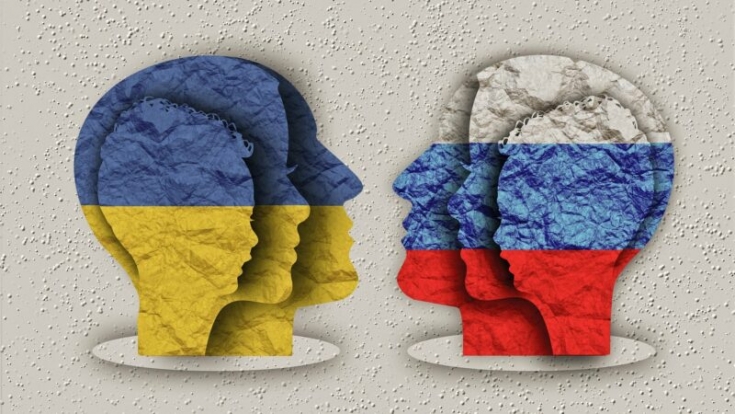
In an age flooded with information, the ability to critically assess what we read, watch, and share has become more important than ever. This skill—called media literacy—is especially vital in Bangladesh, where misinformation and media manipulation can influence everything from elections to public health decisions.
Media literacy is the ability to access, analyze, evaluate, and create media in a variety of forms. It helps individuals:
Understand how media messages are constructed
Detect bias or misinformation
Distinguish between fact and opinion
Make informed decisions as media consumers
With over 50 million active social media users in Bangladesh, people are constantly bombarded with content—some factual, some misleading, and some outright false. A large portion of the population, especially youth and rural communities, may not have the tools to critically assess this content.
This has led to:
The spread of fake news during elections and political events
Health misinformation, especially during the COVID-19 pandemic
Increased hate speech and communal tensions
Blind trust in headlines without checking the source
Currently, media literacy is not a formal part of most school curriculums in Bangladesh. Integrating media education into classrooms could help students:
Think critically
Become responsible digital citizens
Resist manipulation by biased or false media
NGOs, community organizations, and digital platforms can also play a role by organizing workshops, campaigns, and online courses.
Media literacy isn’t just for students. Adults—including parents, teachers, journalists, and policymakers—must also be equipped to navigate a complex media environment.
Some key strategies:
Always check the source of a news item
Look for multiple perspectives on a topic
Avoid sharing unverified content, especially on WhatsApp or Facebook
Understand the agenda behind media outlets or influencers
Without media literacy, democracy suffers. Misinformed citizens are vulnerable to manipulation and propaganda. With media literacy, people can:
Make informed voting decisions
Hold power accountable
Promote healthy public dialogue
In Bangladesh, where trust in media is fragile and disinformation is a growing threat, promoting media literacy is not optional—it’s essential. Schools, media outlets, policymakers, and citizens must come together to build a more informed, resilient, and critically thinking society.